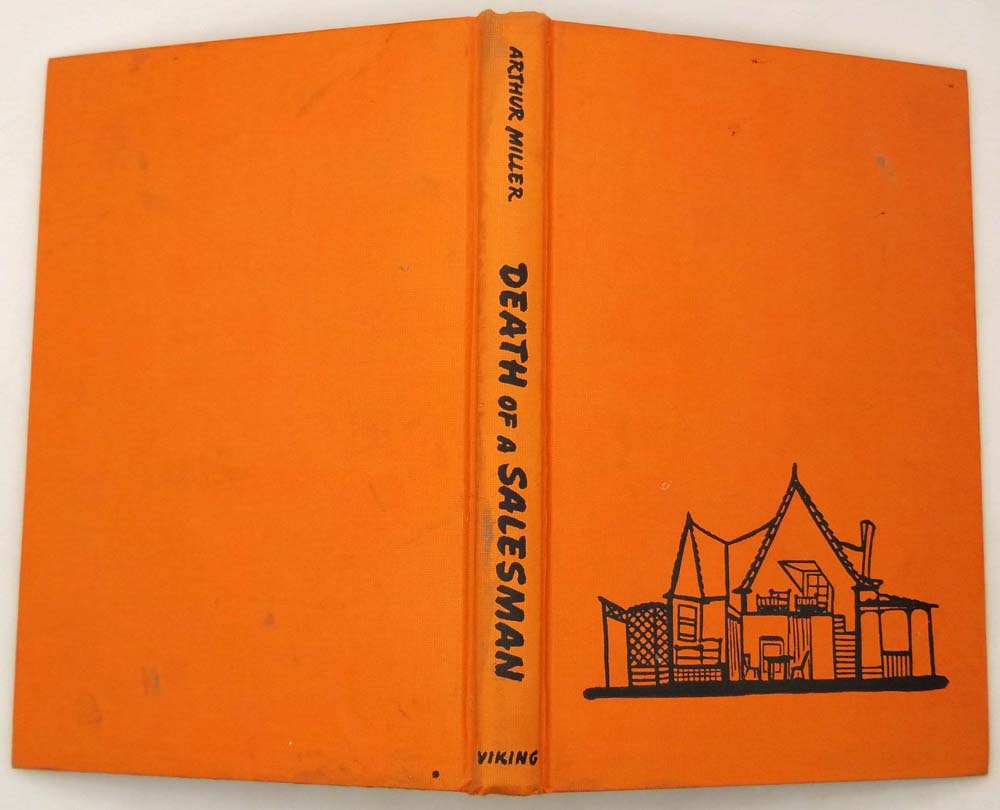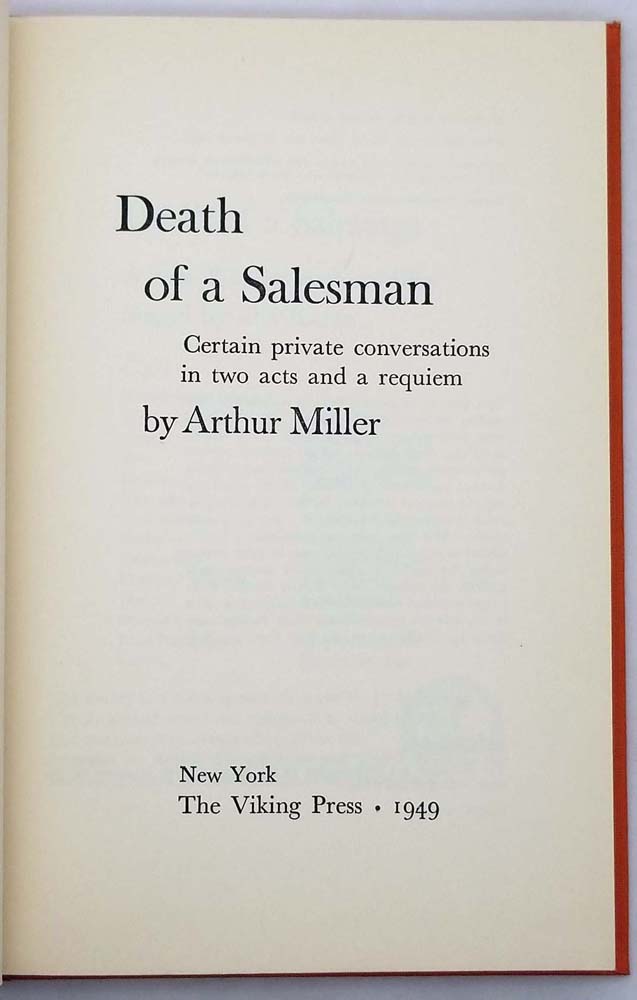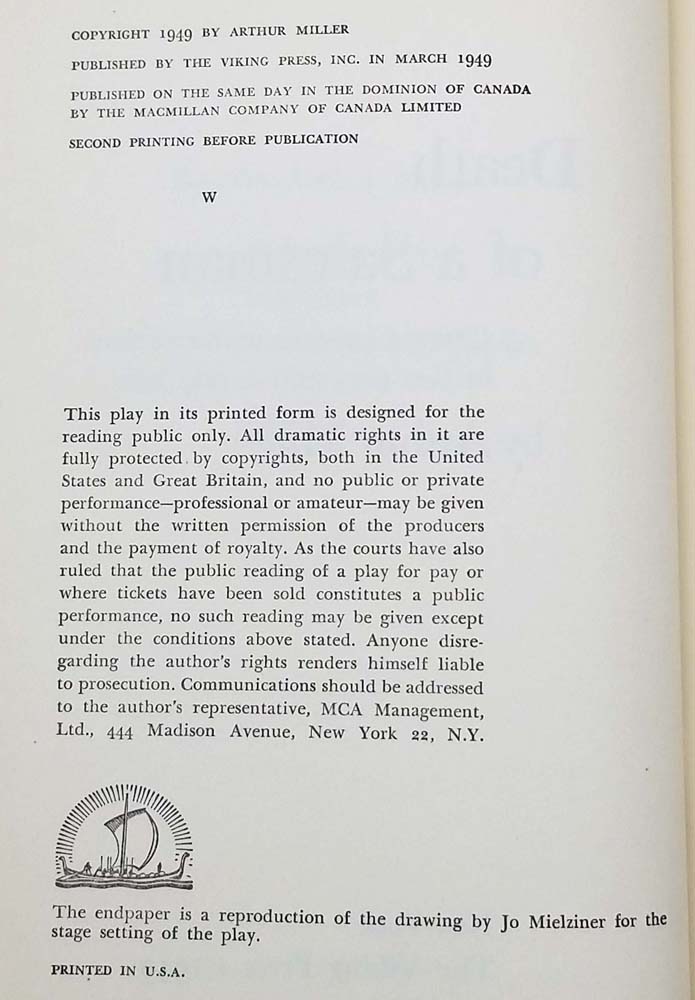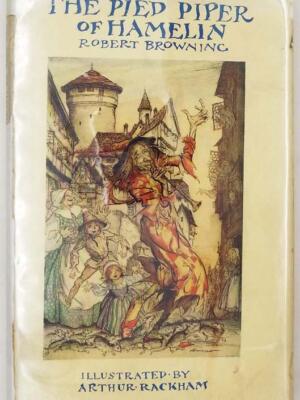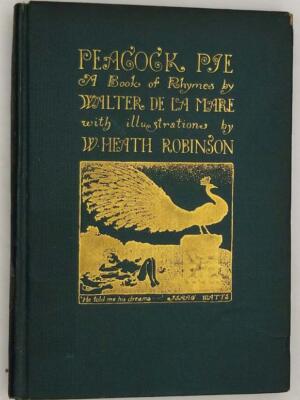The play unfolds in a fragmented, dreamlike structure, blending Willy’s present-day struggles—financial ruin, estrangement from his sons Biff and Happy, and his own mental decline—with flashbacks to earlier days when his ambitions seemed within reach. Willy’s idolization of his brother Ben (a self-made diamond miner) and his misplaced faith in superficial charm collide with the harsh reality that he is expendable to his employer and a stranger to his family.
Miller’s critique of capitalism, masculinity, and the myth of meritocracy resonates in iconic scenes: Willy planting seeds at midnight, Biff’s climactic plea (“Pop! I’m a dime a dozen, and so are you!“), and the haunting requiem where Willy’s wife, Linda, mourns, “Attention must be paid.“
A Pulitzer Prize-winning masterpiece, Death of a Salesman redefined modern theater with its psychological depth and searing social commentary.

